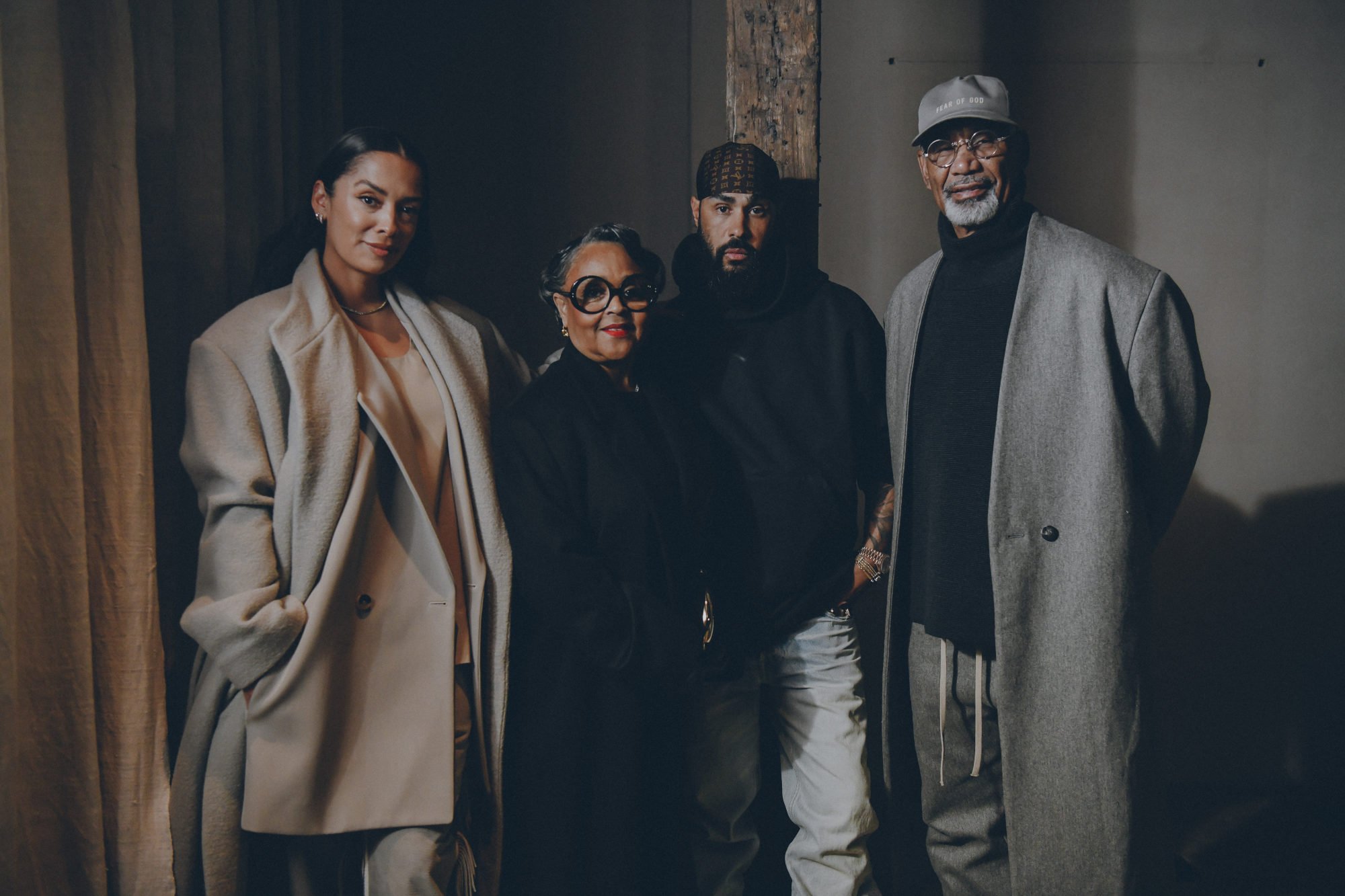Going by Jerry Lorenzo, he is the son of Jerry Manuel, an American baseball player, coach and manager who has been a big influence on him. Also crucial has been Lorenzo’s Christian faith, as the name of his company suggests. It dictates much of how he runs the company – as he explains in an interview at Fear of God’s headquarters in Los Angeles on a sunny morning in early September.
How A$AP Rocky became a fashion icon, from Dior Homme to Puma
How A$AP Rocky became a fashion icon, from Dior Homme to Puma
“My faith is the foundation of all I do,” he says. “It gave me transcendent values and tools that I’m able to use in clothing. I truly believe that God uses every part of your life and every experience to shape your future. The more experiences and the more that you’re exposed to, the more you have to shape what that future is – I think that I have been through enough and learned a lot and had good role models as parents.”
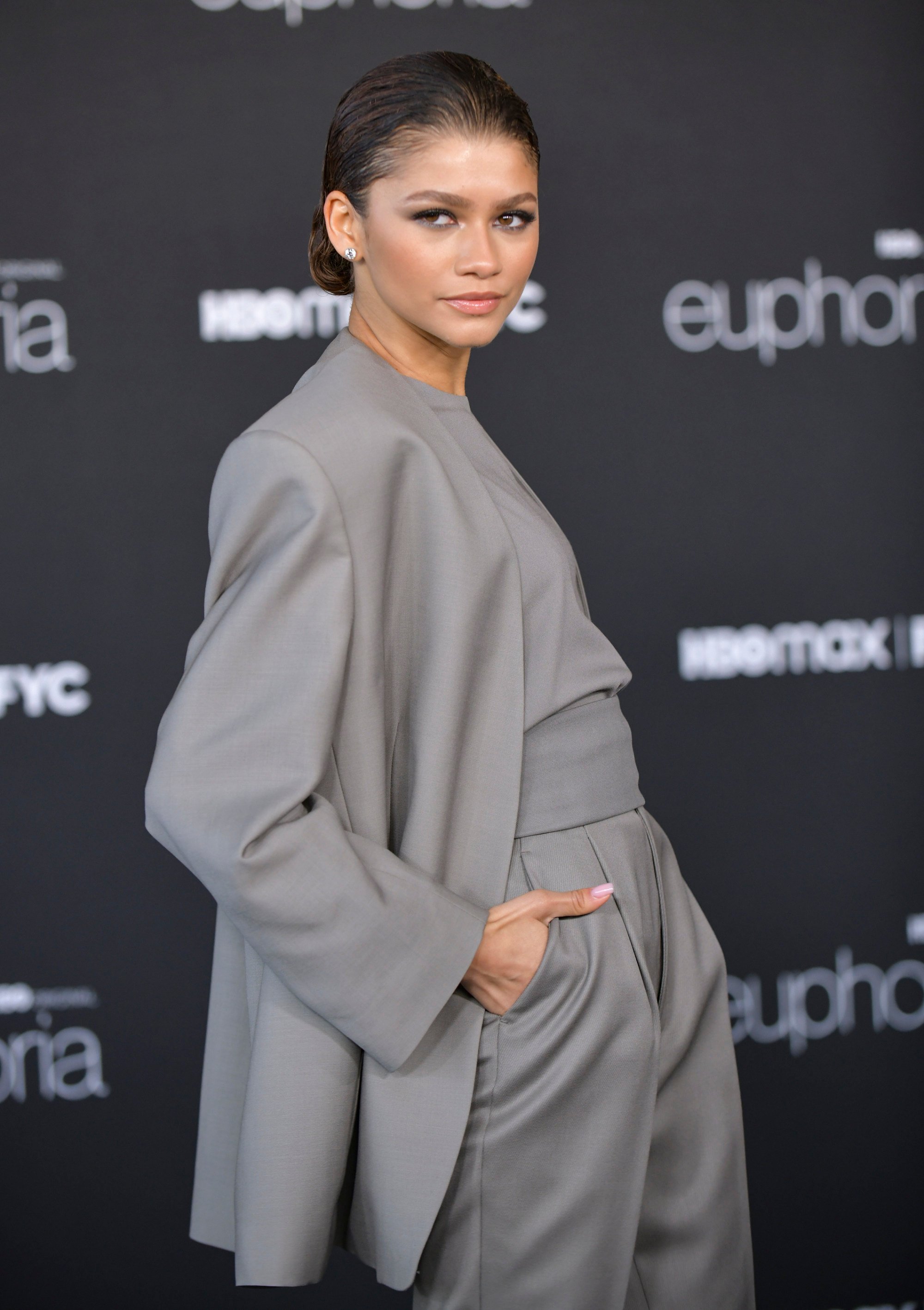
With a background in sports marketing and party promotion, Lorenzo never trained as a designer or worked for an established brand before striking out on his own. He came to the industry at a time when the worlds of fashion, music, sports, entertainment and pop culture started to collide.
“I approached clothes the same way I approached parties,” he says. “I was trying to create a space that I didn’t feel like existed, create a crowd that didn’t exist – with music and a DJ, you know, a place I wanted to hang out that didn’t exist in LA. And so I was like, ‘Man, if I would want to hang out in a place that feels like this, I’m sure someone else would.’”
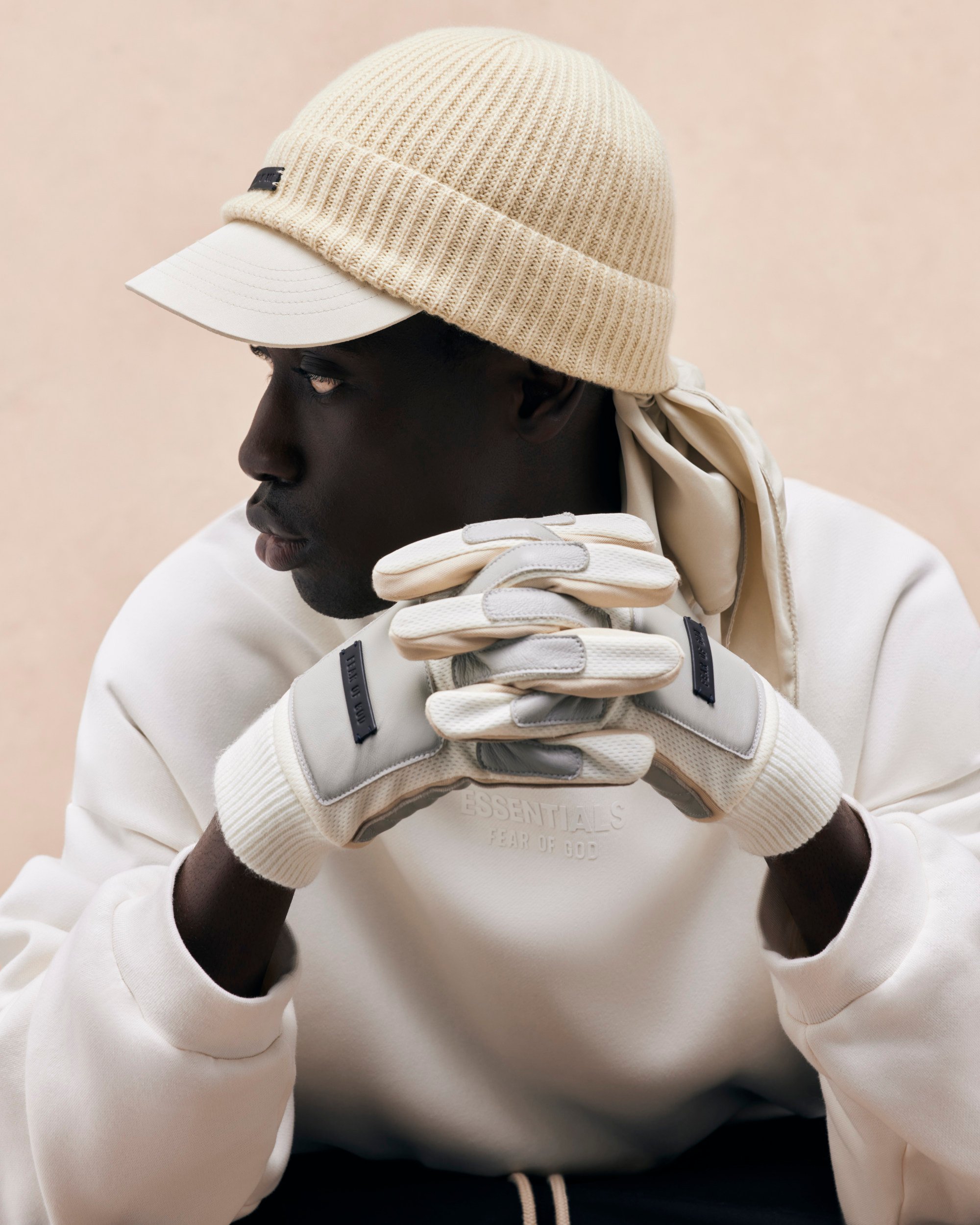
Unlike many designers who start companies right after graduating with plenty of talent but little business acumen, Lorenzo was already well into his mid-thirties when he established Fear of God. “I think 1,000 per cent the fact that this happened later in life has been an advantage for me because the intention is a lot different now than what the intention would have been if I started early, when the intention may have been relevance,” says the now-46-year-old.
His gradual approach to building the brand and shunning tried-and-tested, but often unnecessary, practices – like taking part in fashion week or courting the mainstream fashion media – have been key to Fear of God’s staying power.
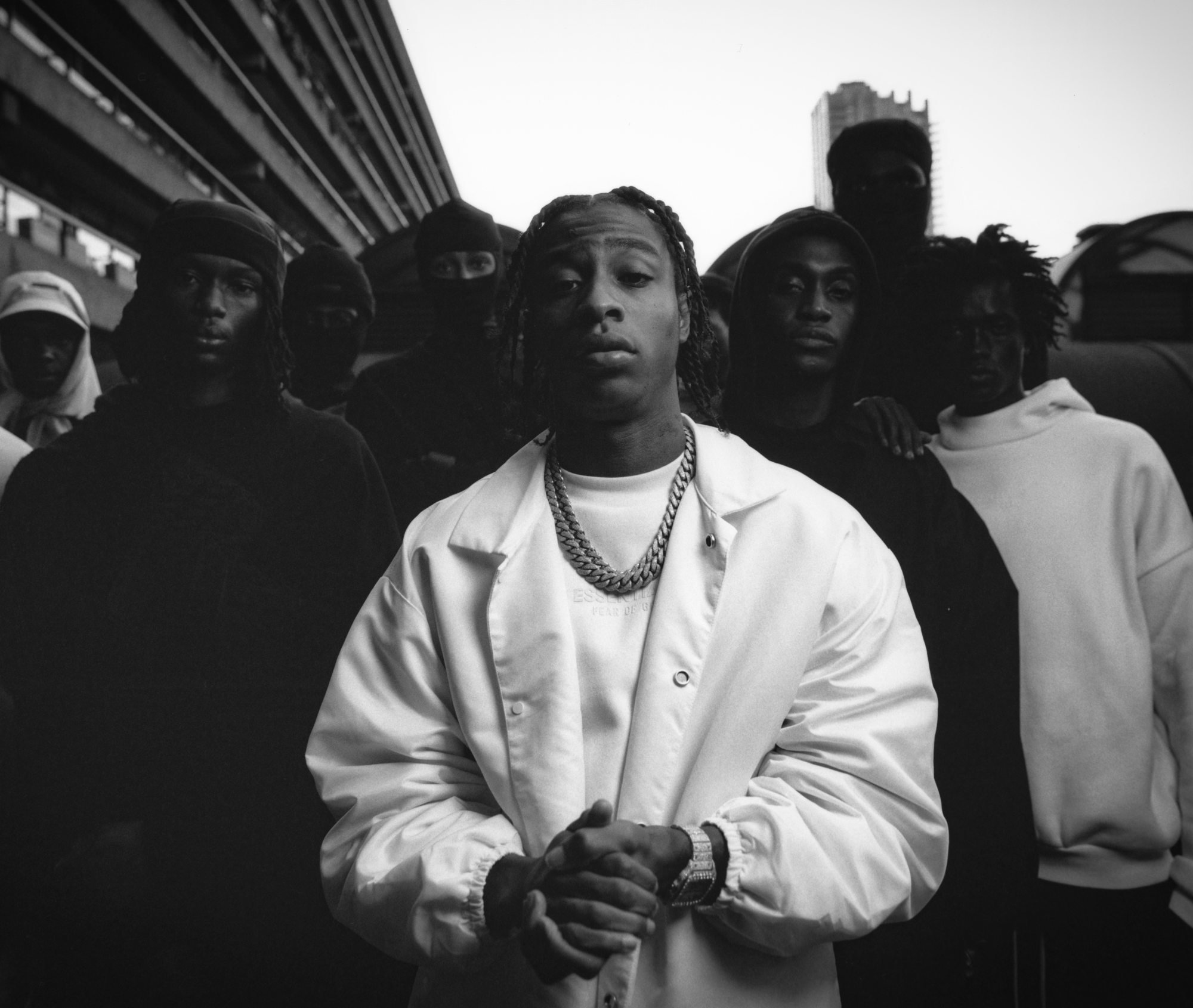
“I think it’s because maybe the goal of the company was never to stay relevant, but to create something that’s sustainable in the sense that we can consistently, at our own pace, put out a product that’s authentic,” Lorenzo says. “The goal is to run our own race to the best of our ability. And we believe if we do that, then relevance and all of these other things are a [by]product of us kind of staying on track. And I think any race today is not about speed or hype or energy because in this day and age, with information and the internet, I believe it’s easy to get some recognition – but it’s hard to sustain it.
“So for us it’s not about how fast we move, but … how are we working out internally to increase our endurance and not our speed.”
Trouserless and trending: the brands and icons bringing bare legs back
Trouserless and trending: the brands and icons bringing bare legs back
While Fear of God is often associated with streetwear, it can’t be pigeonholed into a specific aesthetic. Items such as wide-legged tailored pants, bomber jackets, double-breasted blazers, hoodies and drawstring sweatpants – mostly in monochrome hues such as black, beige, grey and white – reflect the relaxed vibe of California, and the attitude of Lorenzo and plenty of others who want to look good but not like they’re trying too hard. That he can easily partner with labels as different as Italian menswear brand Zegna and sportswear giant Adidas speaks to Lorenzo’s ability to connect with different worlds and aesthetics that defy categorisation.
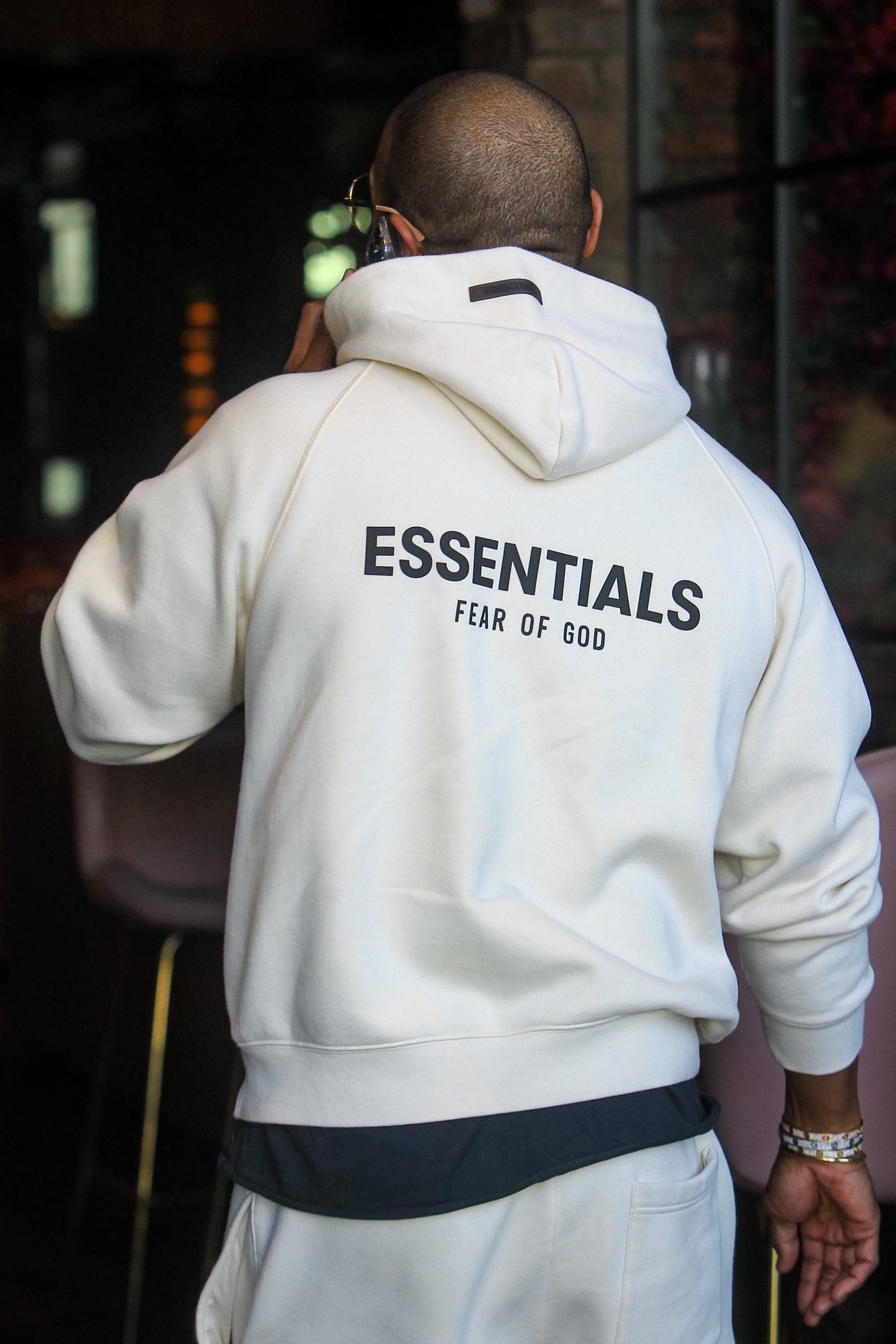
Taking the democratic approach of American luxury – think Tiffany & Co., which makes one-of-a-kind diamond pieces inaccessible to most as well as silver trinkets for the masses, or Ralph Lauren with its luxurious offerings and entry-level polo shirts – Fear of God has built a huge business with its Essentials range. This has quickly become the daily uniform of millennials, Gen Z and their children.
Walk any street on any given day in New York, Los Angeles, Paris, Shanghai or Hong Kong and you’re likely to see someone clad in sweatshirts, T-shirts, shorts or sweatpants emblazoned with the Essentials logo. While the line is accessibly priced, that doesn’t mean that it’s just a bunch of basics. Even something as simple as a pair of nylon drawstring shorts is cut like no other in the market, flaring out on the hips and thighs. These little details – from the silhouettes, to the placements of tags on the garments and the way those 10 letters are printed or embossed – make Essentials exactly that for so many people.
Pharrell’s Louis Vuitton show in Hong Kong a homage to his ‘Asian siblings’
Pharrell’s Louis Vuitton show in Hong Kong a homage to his ‘Asian siblings’
“First it was called FOG – my intention was to provide some ideas at an accessible price point at that time – and then after like a year and a half, we decided to change the name to Essentials and we approached the collections differently, with current silhouettes and current proportions,” says Lorenzo. “I didn’t want to offer anyone anything watered down. Again, it just all came from an honest way to go about the product. I think the more honest you approach things like this, the level of respect for what we’re putting out doesn’t change. I really wanted [Essentials] to offer wardrobe solutions that would work with our main line.”
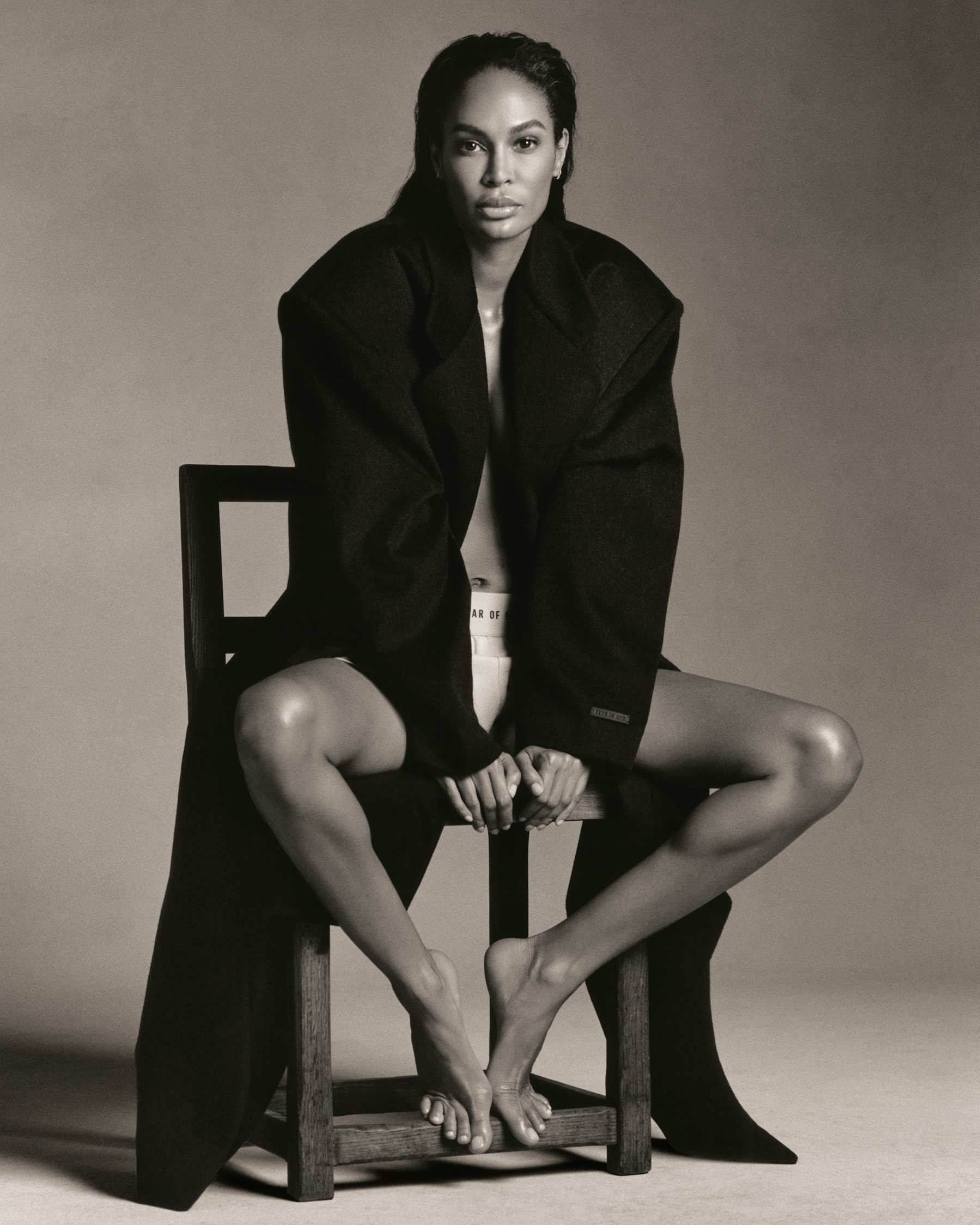
Essentials is a moneymaker and has helped turn Fear of God into a success story, with Lorenzo recently hiring Alfred Chang, his first CEO, from retailer Pacsun. It all comes from Lorenzo’s ability to tap into what people want from their clothes these days, when demarcations between casual and formal have become meaningless.
“That’s authentically the way that I dress, right?” says Lorenzo. “It’s like an expensive overcoat, an accessible pair of sweatpants and, you know, some running shoes, which may be Adidas. It’s understanding the reality that all of these categories don’t necessarily need to fit within a luxury perspective. Why can’t we create footwear and sneakers that are performance-driven within Adidas and create more casual, everyday wardrobe solutions within Essentials and create the aspiration and the beautifully crafted garments within our main line?”
How Heartstopper’s Kit Connor became a luxury fashion darling in 2023
How Heartstopper’s Kit Connor became a luxury fashion darling in 2023
The way the brand has resonated globally shows Lorenzo is on to something. He says that it’s rewarding to see how the company has grown but ultimately he wants it to live on and be recognised regardless of who he is. “I want to pull myself as much out of this as possible,” he explains. “I’m creating a brand, and although I put so much love and so much of myself into it, it’s still something that lives in the world independently of me. And so I’m creating pieces that people can make their own so they can feel like themselves and not feel like Jerry.”
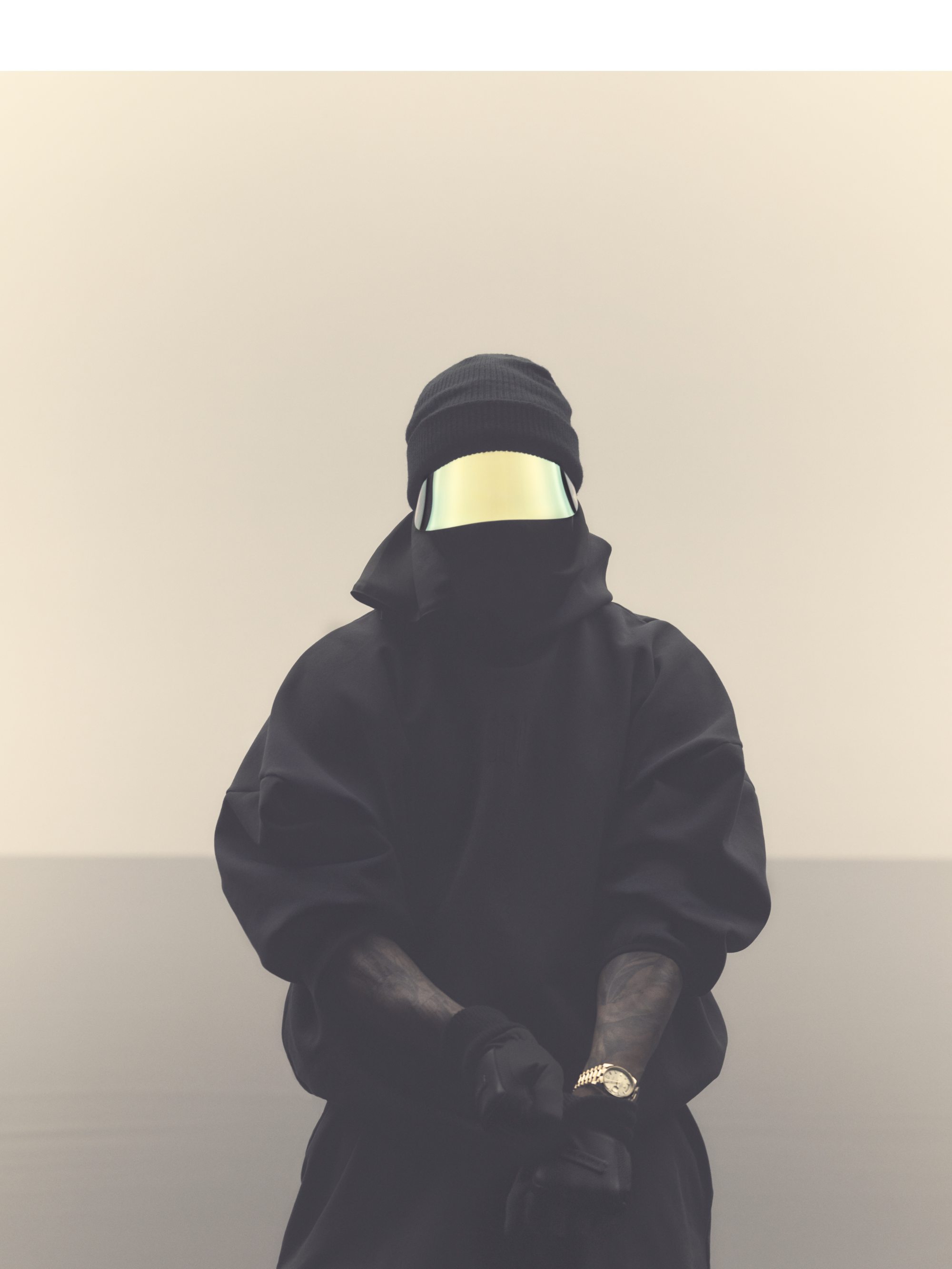
While industry insiders are more than familiar with Lorenzo and his achievements, he shuns the spotlight, spending most of his time with his wife and children without trying to fit into a mould or follow the expectations of the industry. His name often comes up whenever a European luxury house is on the hunt for a new creative director but Lorenzo is focused on his company and doesn’t need the validation of a big corporate luxury group, or of Paris and Milan.
Secret source: the global fashion gurus hunting down classic fashion pieces
Secret source: the global fashion gurus hunting down classic fashion pieces
Fear of God has held only one fashion show – in Los Angeles in April 2023 – far from the limelight of the usual fashion capitals. Unlike many other American designers who often feel that they have to show in Paris to find acceptance in the luxury arena, Lorenzo has showed that you can thrive without being part of the system. “I’m not totally comfortable in Paris,” he adds. “And then I think there’s a part of me as an AfricanAmerican Black designer where I also don’t have a desire to be a part of anything where I’m uncomfortable.”
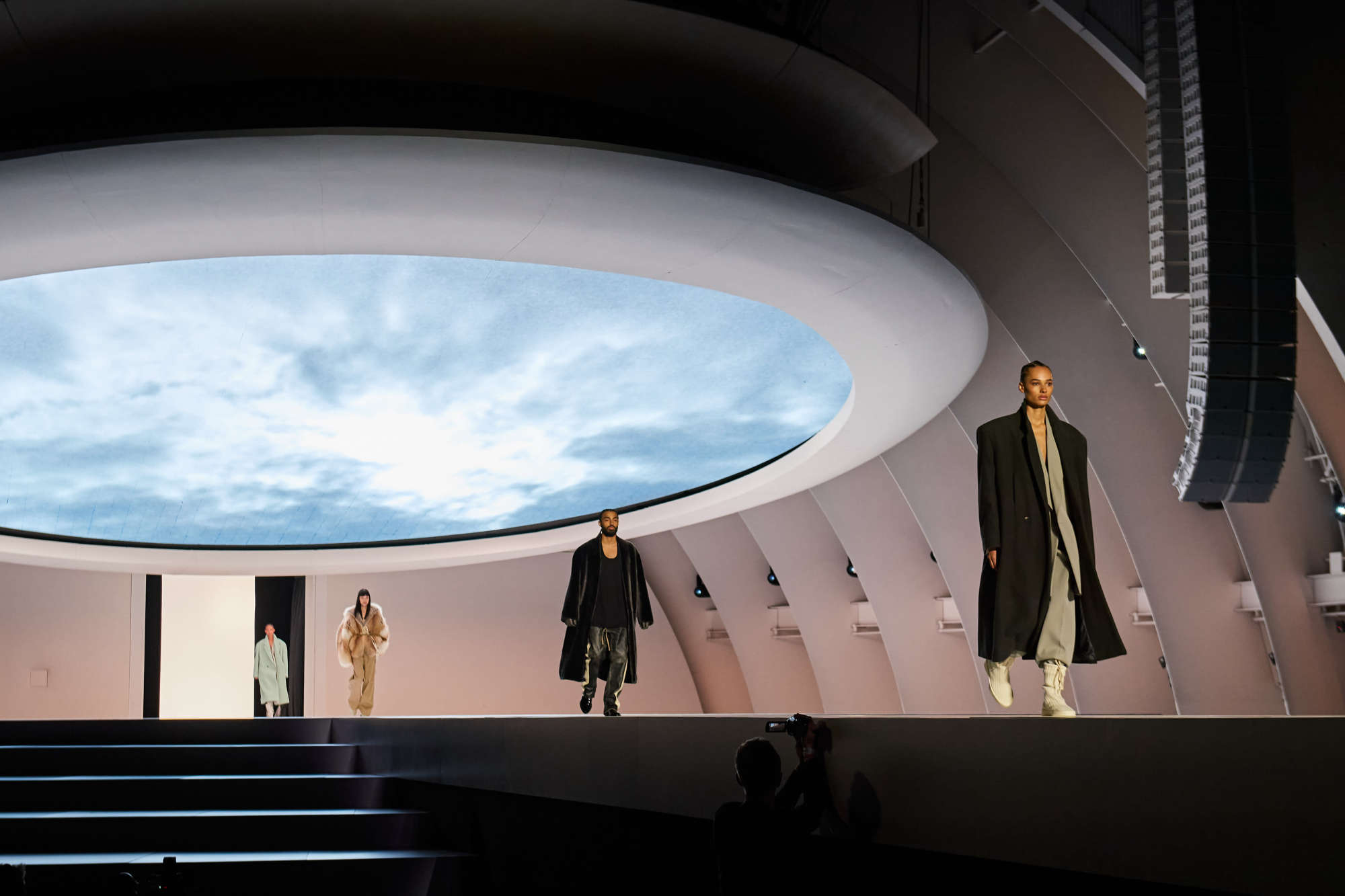
From his Christian faith and the way it informs his work, to his background and business approach, Lorenzo is an outlier in an industry where substance often takes a back seat to surface matters. You don’t get many designers, for instance, who talk so openly about a topic like religion, but that’s who Lorenzo is and he’s not about to pretend otherwise.
“My faith is a part of me … just like any of the sports that I played, it helped to influence the designs; the music that I listen to helps to influence the designs,” he says. “As soon as you take one piece of yourself out of what you’re trying to do, you become strategic. I want to use this platform to create something that’s beautiful – to encourage others that you don’t need a fashion week or a co-sign kind of an industry or a city for your point of view to be valid.”
Credit: Source link
